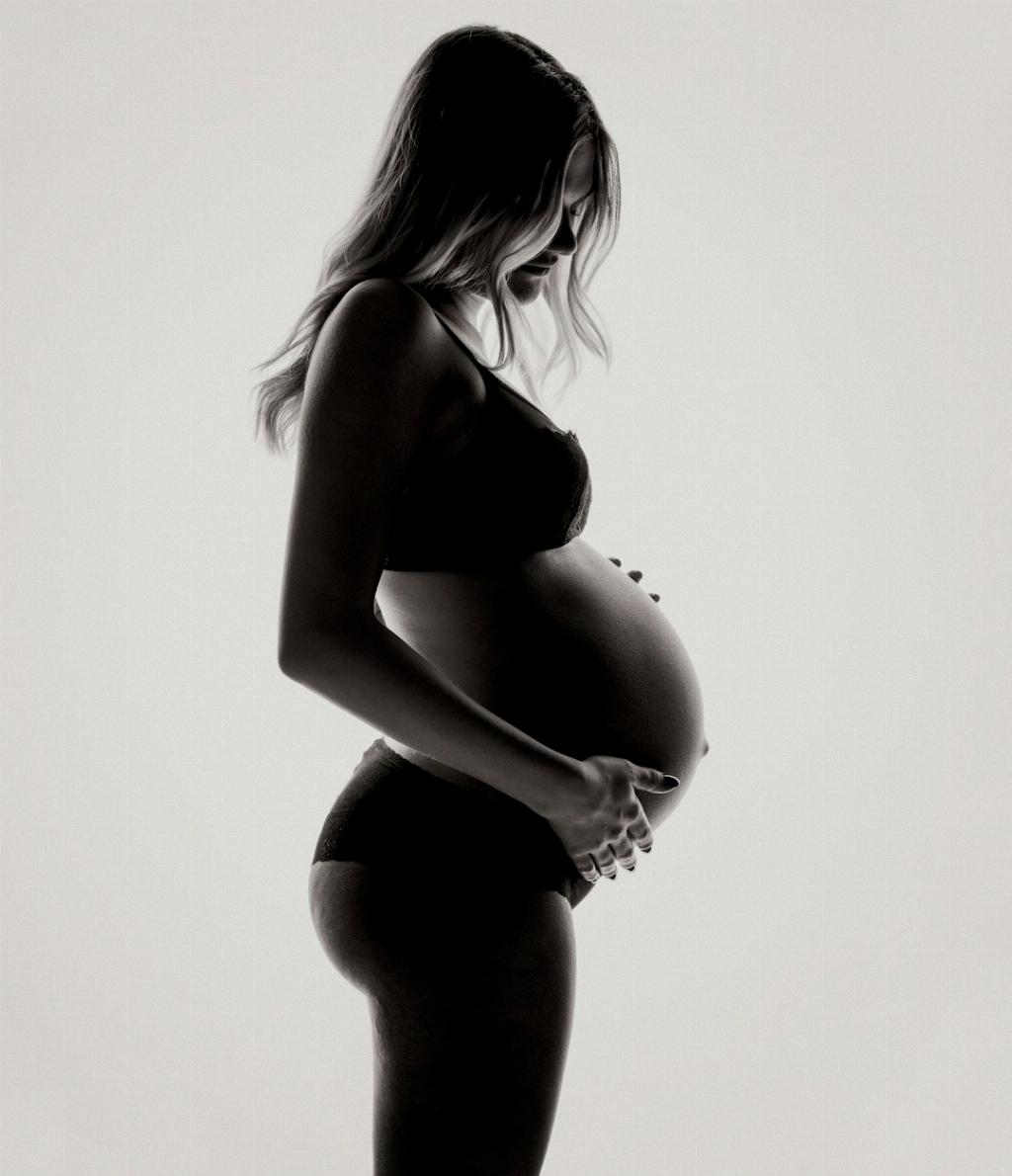When it comes to the connection between pregnancy and irregular periods, there are several factors to consider. It’s essential to recognize that while pregnancy can sometimes lead to changes in menstrual cycles, it may not always be the primary reason behind unexpected variations in periods.
Abnormal Periods: Exploring Potential Causes
Irregular periods can occur due to various reasons, including hormonal imbalances, stress, changes in weight, certain medical conditions, or even certain medications. While pregnancy is a potential factor to consider, it’s important to evaluate all possible causes when experiencing unusual changes in menstrual patterns.
The Impact of Pregnancy on Menstrual Cycles
It’s worth noting that pregnancy typically causes a cessation of regular periods. However, some women may experience light bleeding or spotting during early pregnancy, which can be mistaken for a period. This phenomenon, known as implantation bleeding, can occur when the fertilized egg attaches to the uterine lining.
Distinguishing Between Pregnancy and Abnormal Periods
One crucial aspect to consider is the presence of other pregnancy symptoms alongside irregular bleeding. These symptoms may include nausea, breast tenderness, fatigue, and frequent urination. If you suspect you might be pregnant, it’s advisable to take a home pregnancy test or consult a healthcare provider for confirmation.
Consulting Healthcare Professionals
If you are experiencing unusual changes in your menstrual cycle and are unsure about the underlying cause, seeking guidance from a healthcare professional is highly recommended. A medical provider can conduct tests, evaluate your symptoms, and offer appropriate advice or treatment based on your individual situation.
Importance of Regular Check-Ups
Maintaining regular check-ups with your healthcare provider can help monitor your overall reproductive health and address any concerns regarding menstrual irregularities. Open communication with your doctor ensures that any underlying issues are promptly identified and managed effectively.
Managing Stress and Promoting Wellness
Stress can significantly impact hormonal balance and menstrual regularity. Engaging in stress-relieving activities such as exercise, mindfulness practices, adequate sleep, and healthy eating habits can contribute to stabilizing your menstrual cycle. Prioritizing self-care is essential for your overall well-being.
Understanding Hormonal Influences
Hormonal fluctuations, such as those occurring during pregnancy or due to conditions like polycystic ovary syndrome (PCOS), can lead to abnormalities in menstrual cycles. Monitoring hormonal levels through appropriate tests can provide insights into potential underlying causes of irregular periods.
Adapting Lifestyle Choices
Certain lifestyle factors, including diet, exercise, and sleep patterns, play a significant role in regulating hormonal balance and menstrual regularity. Making healthy choices, staying hydrated, and maintaining a balanced lifestyle can positively impact your reproductive health.
Seeking Professional Advice
If you are actively trying to conceive and experiencing challenges related to irregular periods or fertility concerns, seeking guidance from a fertility specialist or reproductive endocrinologist can provide tailored recommendations and support on your fertility journey.
Conclusion
While pregnancy can occasionally lead to changes in menstrual patterns, it’s essential to consider a comprehensive range of factors when assessing irregular periods. By staying informed, maintaining open communication with healthcare professionals, and prioritizing holistic well-being, you can navigate potential concerns regarding pregnancy and menstrual irregularities effectively.

